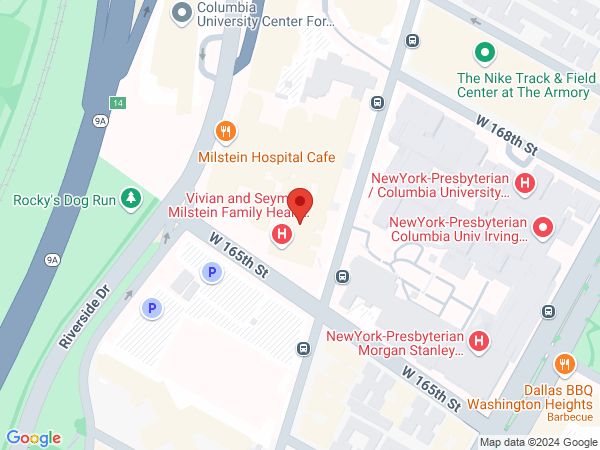A Randomized Phase III Trial of Pre-Operative Compared to Post-Operative Stereotactic Radiosurgery in Patients with Resectable Brain Metastases
Contact:
NCT Number:
Protocol:
Study Status:
Population:
Phase:
The purpose of this study is to compare the usual treatment of having SRS after surgery to receiving SRS before surgery (the study approach). Receiving SRS before surgery could increase the time without your cancer returning or worsening. If you decide to take part in this study, you will be assigned to one of two groups. Half the participants will be assigned to one group and half to a second group. Participants in both groups will get a type of radiation called stereotactic radiosurgery (SRS). SRS delivers a high dose of radiation only to the small areas of cancer in the brain and avoids the surrounding normal brain tissue. Participants in one group will receive the radiation treatment after surgery to remove one of the sites of cancer (usual approach). Participants assigned to the second group will receive the radiation treatments before surgery (study approach). If you have SRS before surgery, it will be given as a single treatment over one day (or in some cases a few days) as an outpatient procedure, and you will go back to the hospital another day for surgery. If you have surgery first you will go back another day for the SRS. After your surgery, your doctor will continue to follow your condition and watch you for side effects every 3 months for 2 years, then every 6 months for 2 years. This means your study doctor will see you for 4 years after your surgery.
Are you Eligible? (Inclusion Criteria)
- To be considered for this study, subjects must: 1. Radiographic confirmation of 1-4 brain metastases, one of which requires resection, as defined by MRI with contrast 2. Known active or history of invasive non-CNS primary cancer based on documented pathologic diagnosis within the past 3 years. 3. Be 18 years of age or older 4. Have no prior cranial radiotherapy, including whole brain radiotherapy, or SRS to the resection site. 5. Have not have evidence of leptomeningeal disease (LMD).

